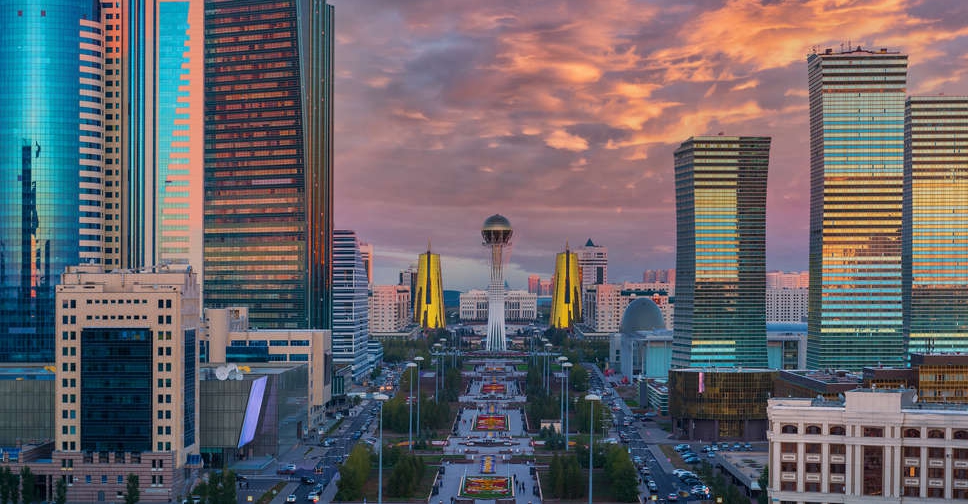
Kazakhstan's parliament renamed the Central Asian nation's capital from Nur-Sultan to Astana on Friday.
It's the latest move by government officials and politicians to distance themselves from the former Soviet republic's first president.
The windswept steppe city infamous for its harsh continental climate became the capital in 1997. It was renamed Astana the following year.
Nursultan Nazarbayev, Kazakhstan's president at the time, said he wanted the capital to be located closer to the geographical centre of the vast nation. The previous capital, Almaty, lies close to its southeastern border.
Billions of petrodollars have since turned the current capital, which was also known as Tselinograd in the Soviet era, into a glitzy metropolis.
In 2019, when Nazarbayev resigned after three decades in power, his successor Kassym-Jomart Tokayev renamed Astana to Nur-Sultan in honour of the ex-leader, who retained sweeping powers after his resignation.
Tokayev, however, appeared to have a falling out with Nazarbayev after violent street protests over fuel prices in January. Nazarbayev gave up his remaining positions and many of his relatives lost their public sector jobs.
On Friday, Kazakhstan's parliament voted to revert to the name Astana by changing the country's constitution. It also extended the presidential term to seven years from five and barred incumbents from running for a second term.
The change will not stop Tokayev, elected under an earlier version of the constitution, from running for a second term in an upcoming election, but will extend his second term if he wins the vote.




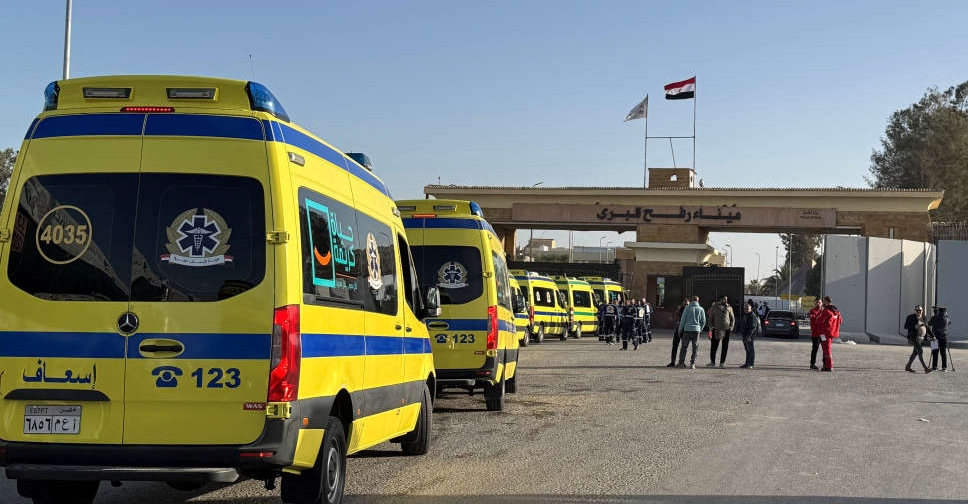 Israel reopens Gaza's Rafah border crossing to Egypt, with limits
Israel reopens Gaza's Rafah border crossing to Egypt, with limits
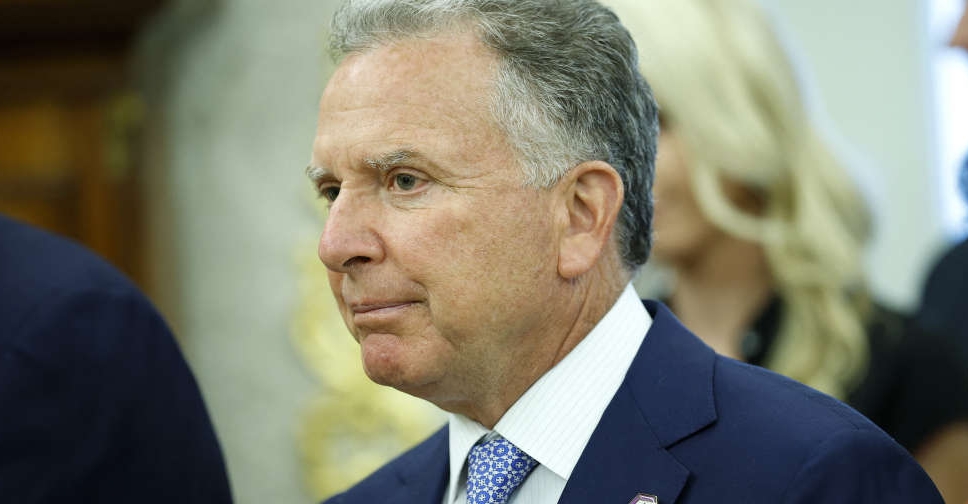 US envoy Witkoff to visit Israel, meet Netanyahu, Israeli officials say
US envoy Witkoff to visit Israel, meet Netanyahu, Israeli officials say
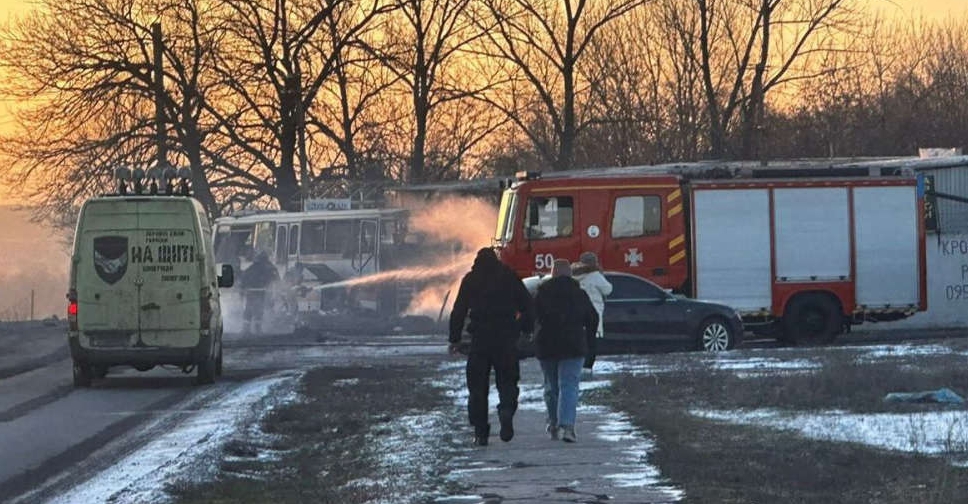 Russian drone strike kills 12 miners in Ukraine
Russian drone strike kills 12 miners in Ukraine
 Singapore to launch space agency in response to global investment surge
Singapore to launch space agency in response to global investment surge
 Five-year-old boy returns to Minnesota after ICE release
Five-year-old boy returns to Minnesota after ICE release
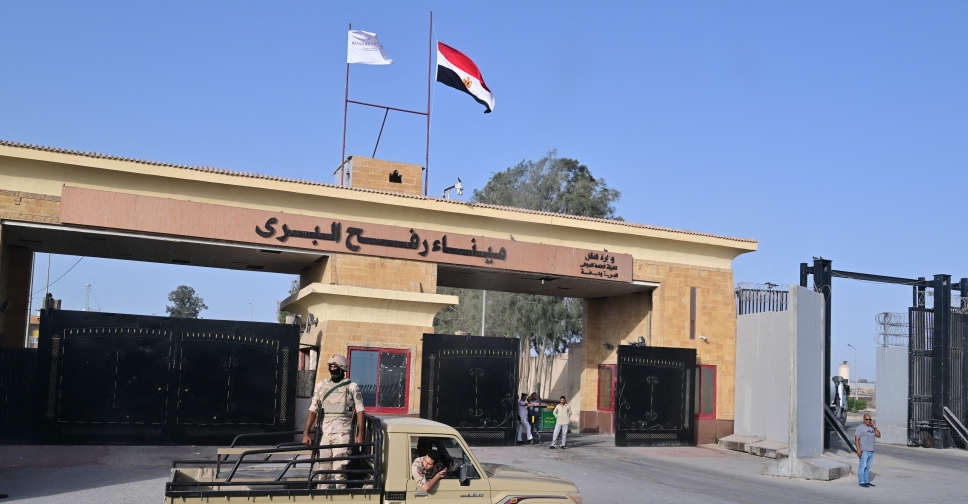 Reopening of Gaza's Rafah crossing expected Monday
Reopening of Gaza's Rafah crossing expected Monday
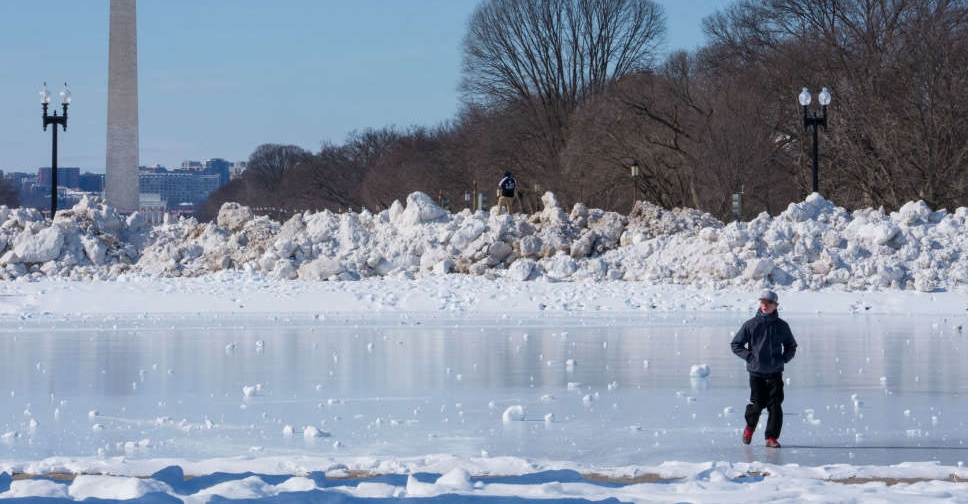 Winter storm death toll in United States reaches 90
Winter storm death toll in United States reaches 90
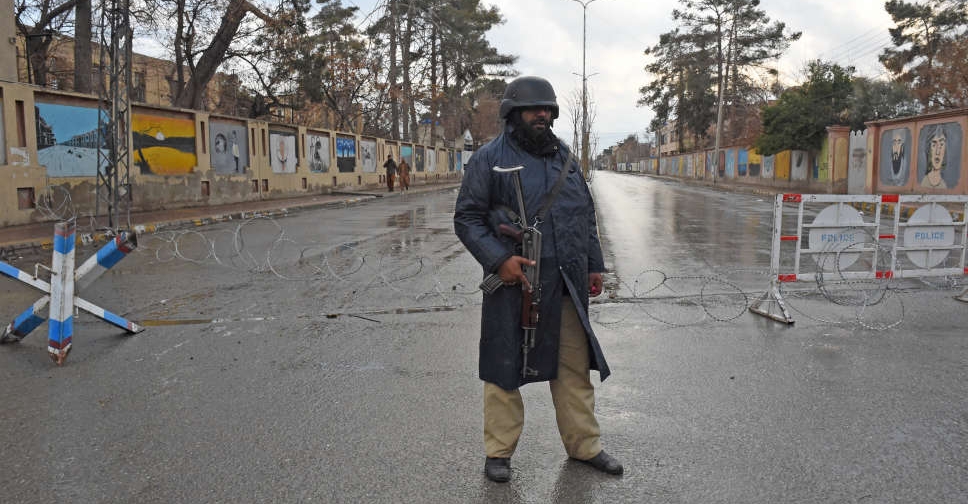 Pakistan says 145 militants killed after attacks in Balochistan
Pakistan says 145 militants killed after attacks in Balochistan




